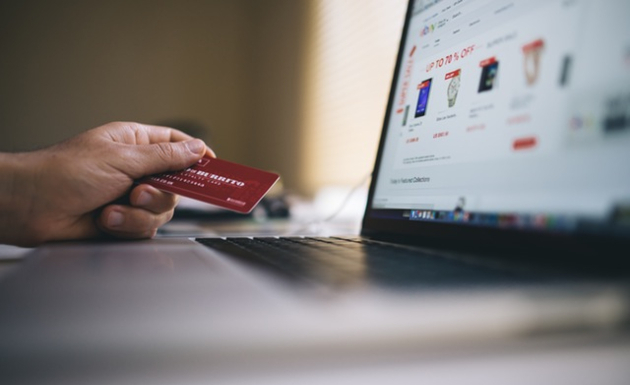Six tips for staying safe online Article By: Megan Ellis. Available from <http://technology.iafrica.com/features/1036155.html>[Mon, 19 Sep 2016 11:48 AM]
More and more people are falling victim to cybercrimes, from downloading malware to falling for phishing scams.
We spoke to Kaspersky Lab Africa’s MD Riaan Badenhorst to find out how users can stay safe online.
Here are six tips for staying safe online.
Encrypt your sensitive information
“If your smart device or computer contains data encryption features, make sure you use them to minimise the chances of your personal information from being lost or stolen,” Badenhorst says.
This can apply to anything from confidential files to pictures you wouldn’t want to show up online.
Various operating systems have some way of encrypting files and a quick internet search can point you in the right direction.
Don’t use unreliable apps
Messenger apps are considered by users to be the most unreliable communication tools, according to Kaspersky Lab research.
However, it’s pretty difficult to avoid using these apps in today’s online world.
Badenhorst suggests only using apps you know that you can trust.
“It is also important that users are careful when choosing online tools for personal communication, and only use a device reliably protected by a password and an Internet security solution,” he says.
Whatsapp this year announced that it had encrypted user messages, meaning that your information is pretty safe. However there are a few unreliable apps out there.
Install an Internet Security app
Badenhorst suggests using internet security apps and programs to protect your devices. There are a variety of options out there with varying levels of security.
Of course, he touts Kaspersky Internet Security for Android as a good option.
“It can help protect your privacy, and safeguard personal data, even if your device is lost or stolen. It also has a function that allows you to protect and track all the data saved on your smartphone – so that it is easily traceable and well protected,” he says.
Create a strong password
This must be the oldest advice in the book, but it’s also the most often ignored advice.
Having a strong password is the first line of defence from having your information accessed without permission.
You should also not use the same password for multiple accounts – after all, this is how Facebook’s Mark Zuckerberg got hacked earlier this year.
Don’t open suspicious emails
One of the easiest ways hackers can get your personal information is by using email scams. While most of now know not to trust those Nigerian prince requests for help, there are many variations of scams out there.
“In light of emails that claim that you have won the lottery or a certain amount of money due to a competition, if it’s too good to be true – it probably is,” Badenhorst said.
“Remember to NEVER send your personal information via email to anyone you don’t know (not even banks ask for this information via email).”
Also, do not open files or follow links from senders you don’t know – this can often lead to malware being downloaded to your device.
“In most cases, when handling a spam message, the best course of action is to simply delete the message immediately,” Badenhorst says.
Be cautious while shopping online
Online shopping is one of the great things about the internet – but it also comes with risks.
“At Kaspersky Lab we encourage users to check if the URL onto the address bar is correct. Instead of just clicking a link to take you to your chosen retailer’s website, it’s safer to type the retailer’s URL into the address bar on your web browser. It may take a little more effort, but this simple action can help to prevent you visiting a fake or malicious website,” Badenhorst says.
Also, always check when you have to put in any payment information that the URL starts with “https”. Sites that don’t have a valid security certificate won’t have this, or if their security certificate has expired there will be a red line through the “https” to indicate it is not necessarily secure.
Photo Credit: pexels.com
Six tips for staying safe online Article By: Megan Ellis. Available from <http://technology.iafrica.com/features/1036155.html>[Mon, 19 Sep 2016 11:48 AM]

